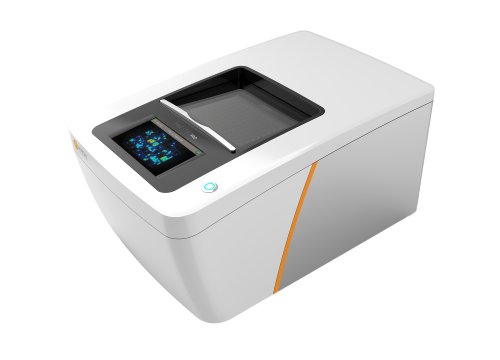Mishra S, Knupp A, Szabo MP, Williams CA, Kinoshita C, Hailey DW, Wang Y, Andersen OM, and Young JE.
Cellular and Molecular Life Sciences, 2022.
Scientists use bioelectronic assays to examine the relationship between the SORL1 gene and Alzheimer’s disease in vitro.
Evidence suggests that loss of the sortilin-related receptor 1 (SORL1) gene is associated with the development of Alzheimer’s disease, but this link is not fully understood. In this study, researchers investigated endosomal recycling of three transmembrane proteins linked to Alzheimer’s pathophysiology: APP, the BDNF receptor tropomyosin-related kinase B (TRKB), and the glutamate receptor subunit AMPA1 (GLUA1).
Scientists used Axion’s noninvasive Maestro Pro multielectrode array (MEA) platform to noninvasively examine neural activity in isogenic human induced pluripotent stem cells (hiPSCs) engineered to have SORL1 depleted or to have enhanced SORL1 expression. Along with other testing, the results suggest that SORL1 contributes to endosomal degradation and recycling pathways in neurons—a finding that provides insight into the underlying mechanisms of Alzheimer’s disease and may provide novel therapeutic targets.


